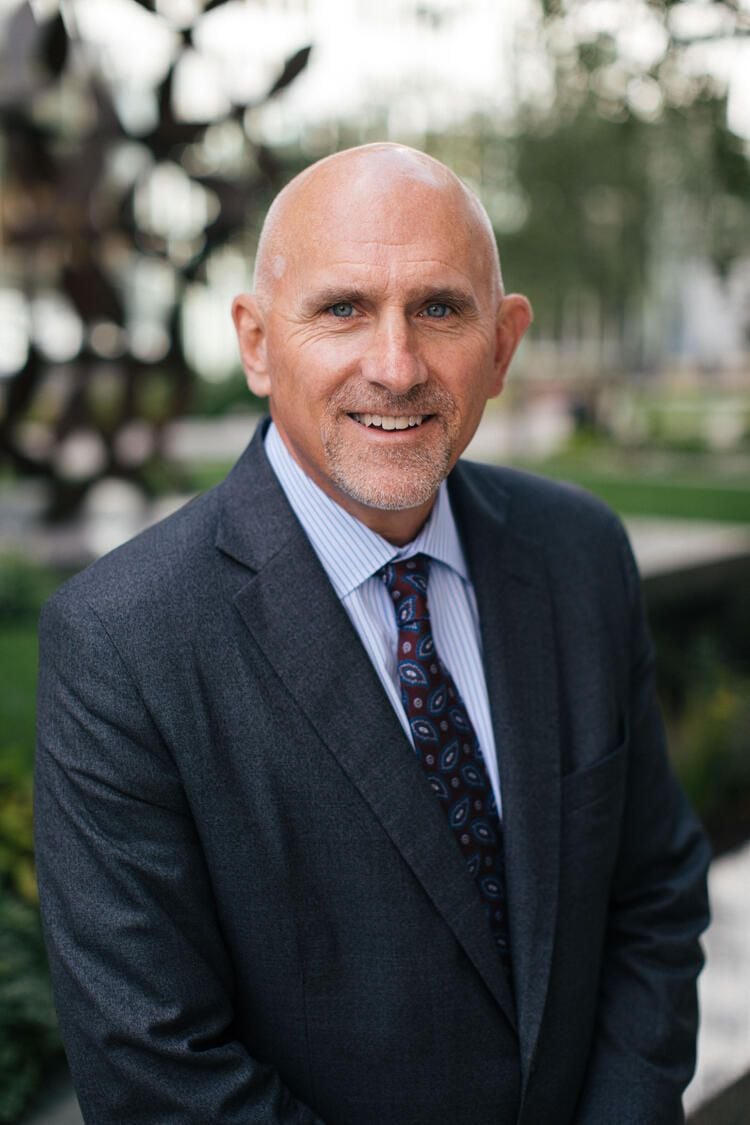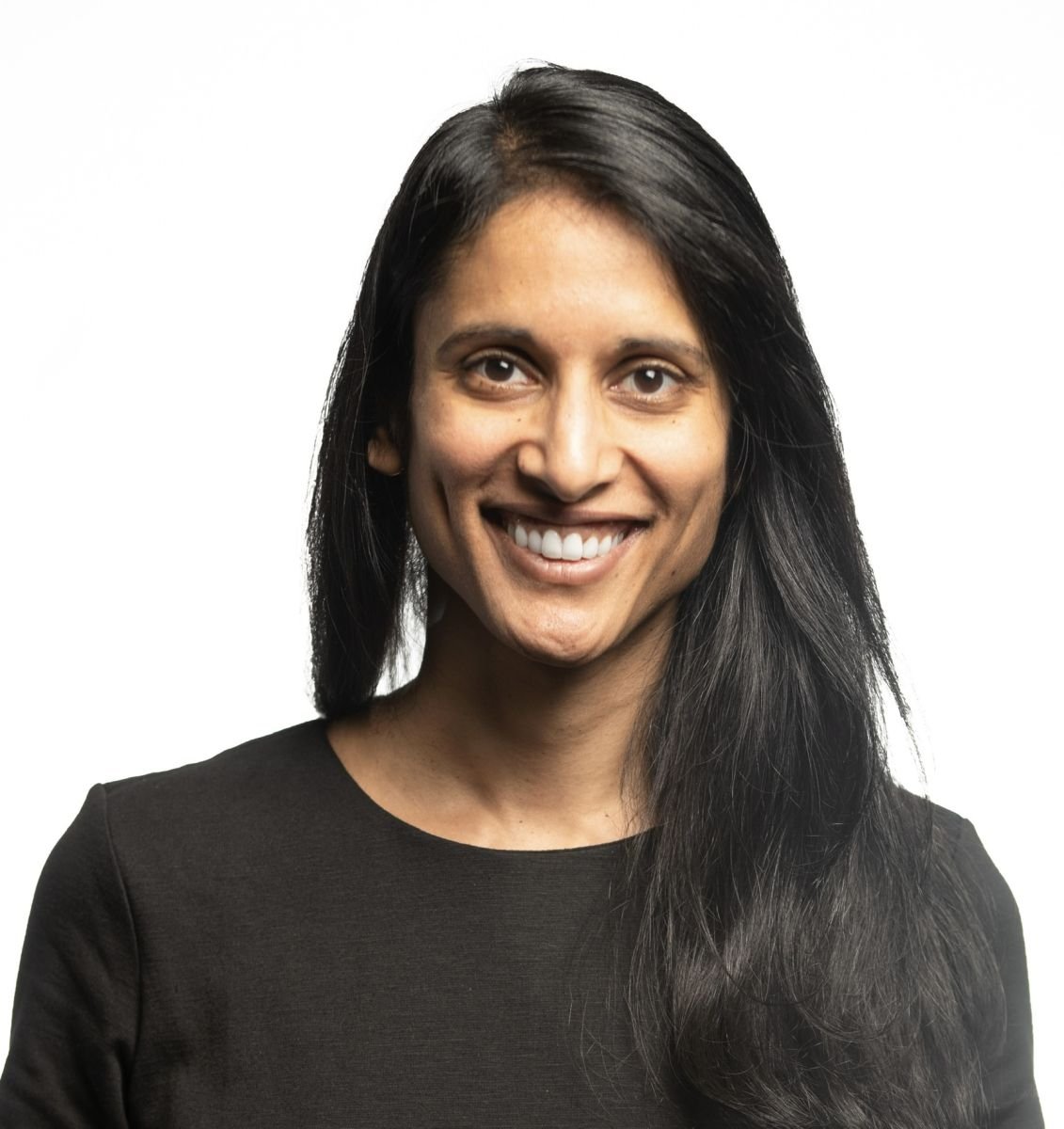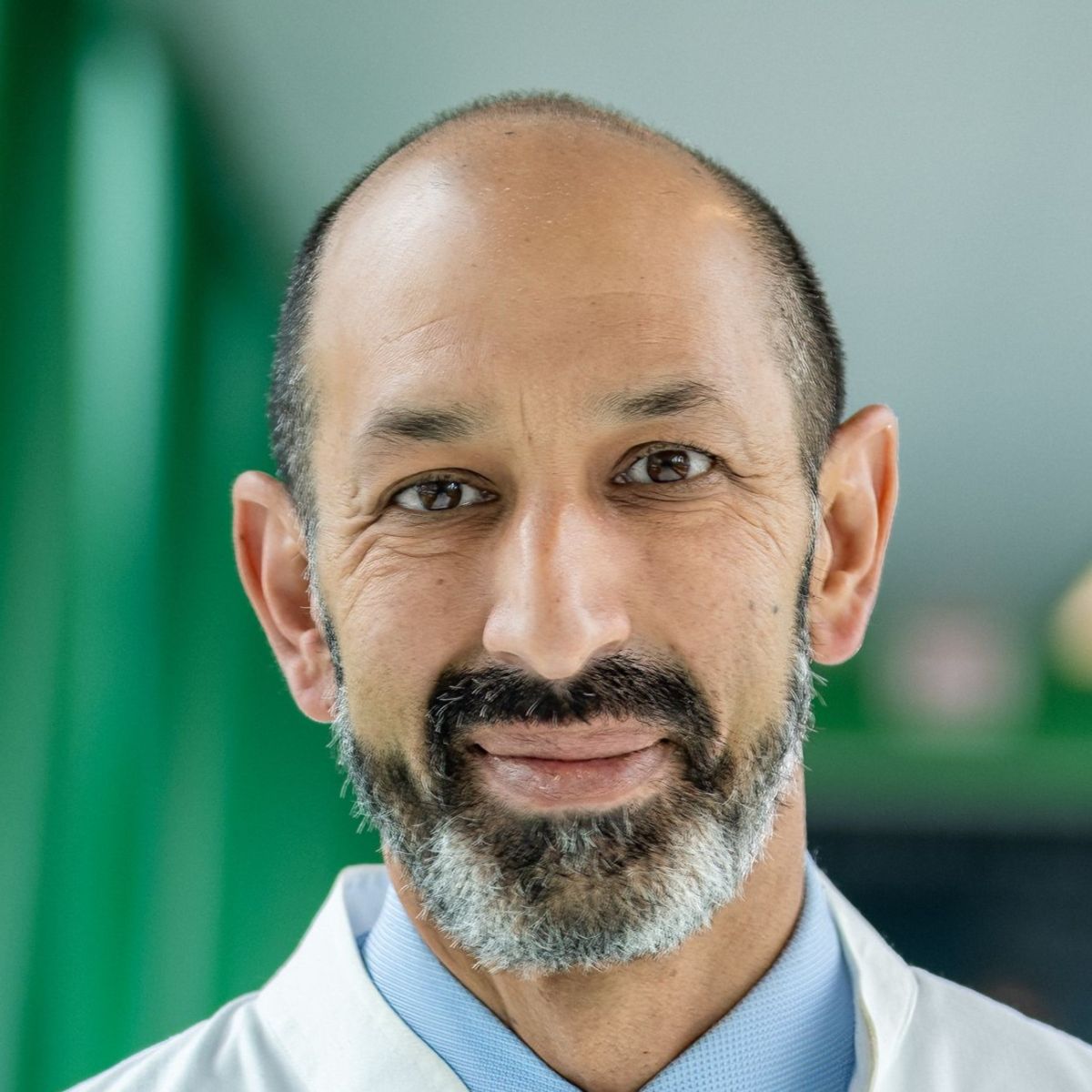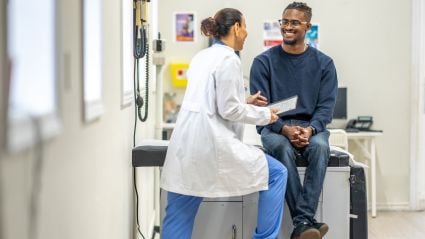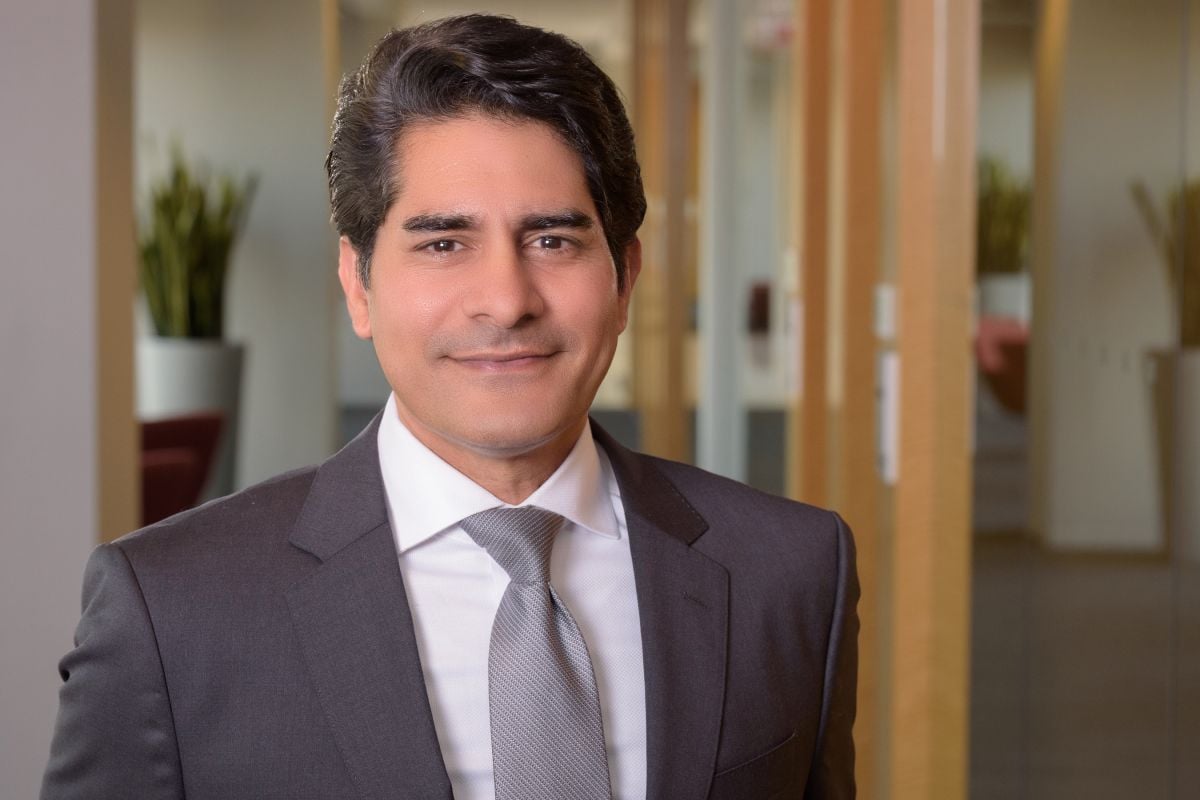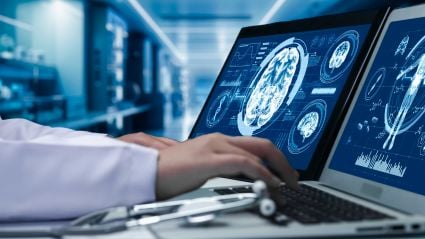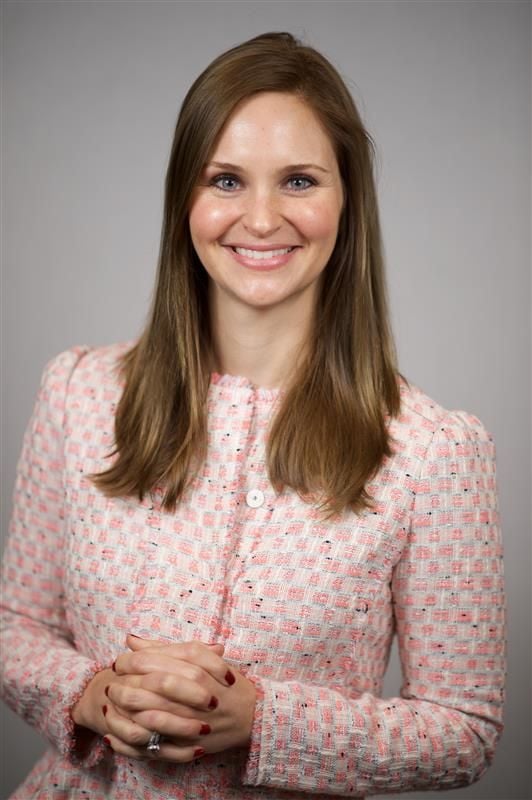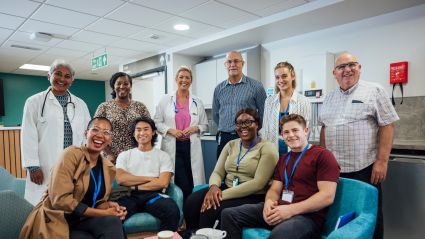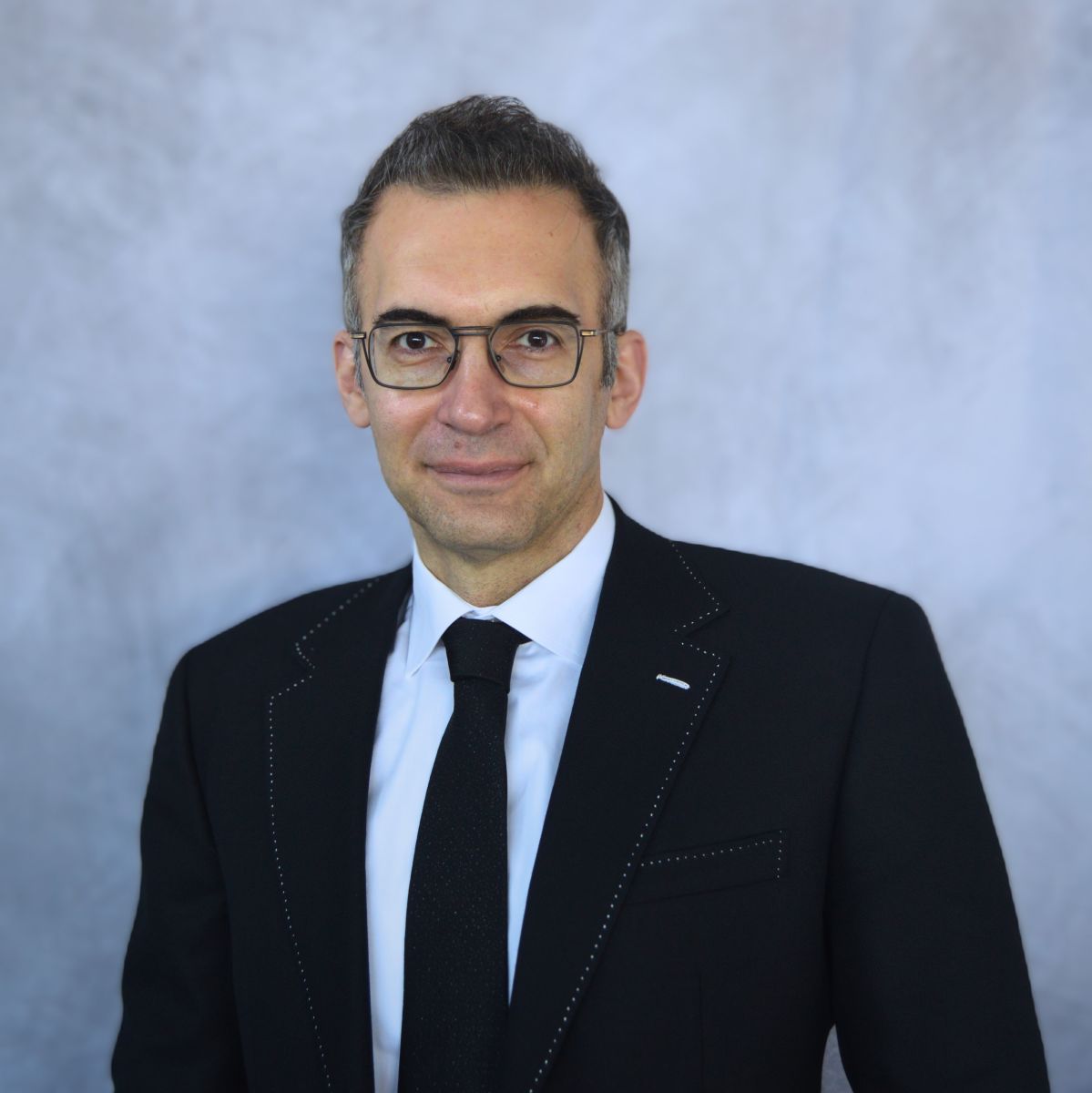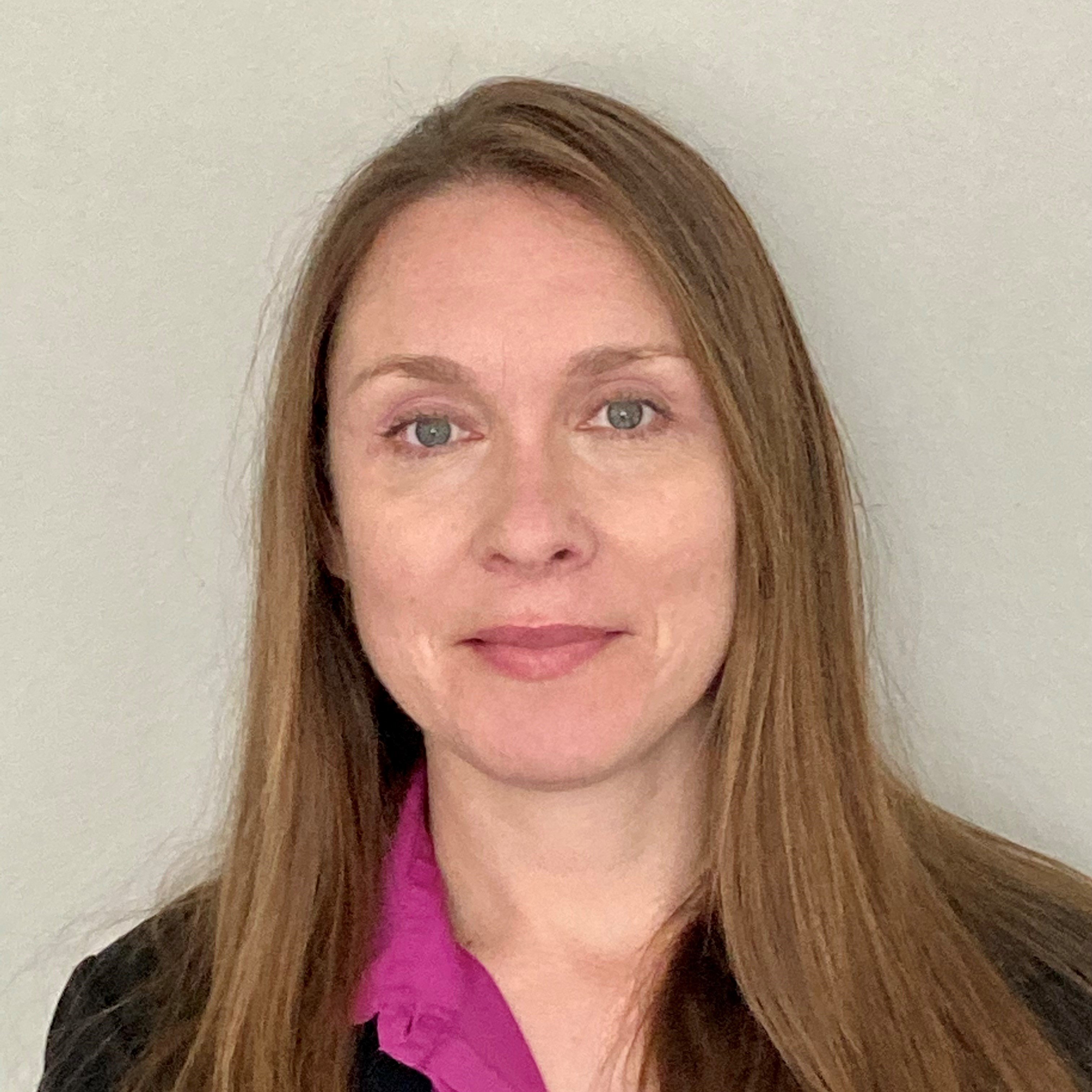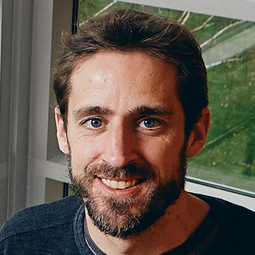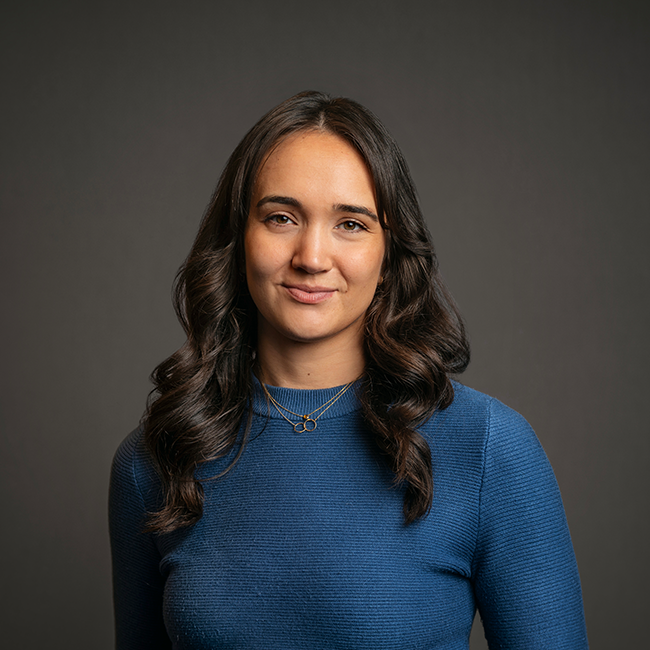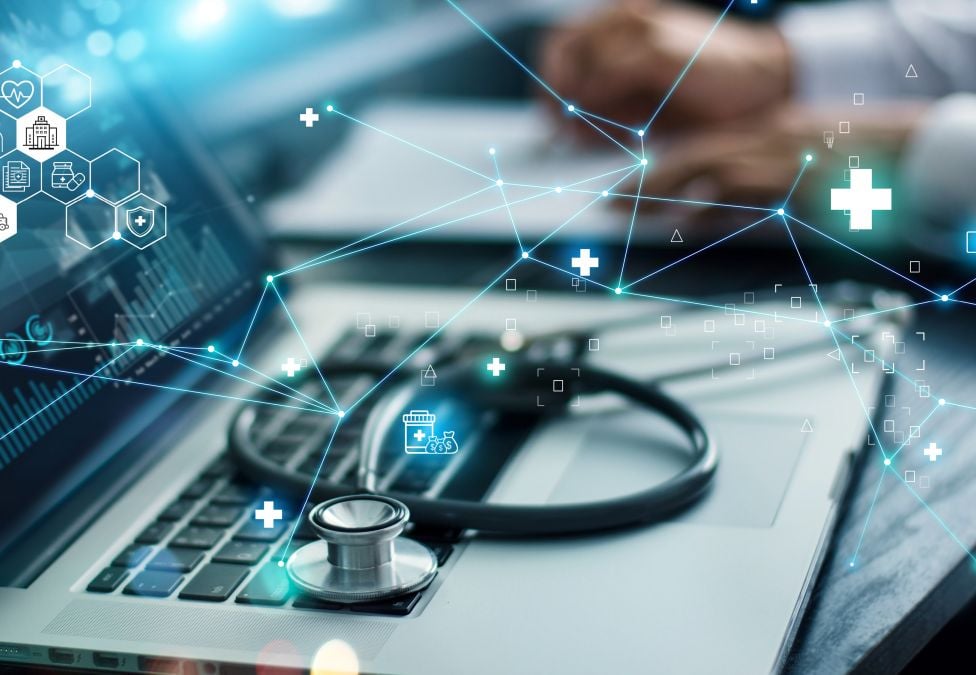
Mayo Clinic boldly drives the future of health care—leveraging cutting-edge technology, innovative digital platforms, and unparalleled team-based expertise to create new possibilities and deliver life-changing care for patients everywhere, inspiring hope and promoting health. Today’s digital capabilities provide opportunities we could not have imagined a few years ago,and we are uniquely positioned to unlock insights in clinical data through decentralized artificial intelligence (AI) discovery and our Mayo Clinic Platform.
Our vision is to transform medicine to connect and cure as the global authority in the care of serious or complex disease, including a future where AI solutions support clinicians so they can focus on patients instead of the computer and have the most relevant, up-to-date information to improve patient care. This future will enable data-informed decisions about diagnosis and treatment, enhance predictions, personalize care plans, and reduce cognitive load and administrative burden through intelligent automation and intuitive data visualization.
Traditionally, clinicians spend hours gathering details of a patient’s medical history from disparate sources. This approach is increasingly difficult with the growing volume of information—including clinical notes, laboratory data, imaging, pathology, and treatment options—and reduced time available for each patient visit. To plan the best treatment options, clinicians must understand the latest literature and rapidly changing best practices. For many patients, an applicable clinical trial can offer the best treatment option, but many clinicians lack time to explore launched trials.
Today’s digital capabilities provide opportunities we could not have imagined a few years ago.
We are applying AI to reduce administrative burden, improve patient outcomes, and transform health-care delivery. We have developed and deployed large language models to understand the complex data for each patient, including outside medical records, and are using ambient tools to capture patient visits. We have AI scientists in the clinical practice, building models on a multimodal certified de-identified dataset of 13 million lives with serious and complex disease, all of which is accessible to our Mayo Clinic Platform partners for their own innovation and discovery. These efforts have resulted in over 300 AI algorithms available to our health-care providers, more than 90 of which are machine learning AI models, including models that allow early detection and interception of disease, such as cancer, cardiac rhythm abnormalities, and neurologic conditions. We also developed foundation models for imaging, pathology, and genomics to begin predicting disease risks and therapy responses.
In pathology, we have digitized 20 million slides from the most chronologically comprehensive slide record in the world. We used these data to build a foundation model, Atlas, in partnership with Aignostics. We are excited to share that Atlas is the highest-performing digital pathology foundation model against benchmarks. But we cannot stop there. We are strengthening Atlas further by integrating multi-omic data, creating a more holistic view of disease biology, to ensure providers around the world can benefit from stronger diagnostic capabilities.
To unlock data in imaging, we partnered with Microsoft to automatically read a chest X-ray and unlock other insights. The foundation model, trained on 1.5 million chest X-rays, automatically identifies acute pathology as well as tubes, lines, and artifacts to ensure safe placement, surpassing existing models. The chest X-ray will offer other information, such as cardiac ejection fraction, when trained one echocardiography.
As foundation models mature and adoption accelerates, the urgency to adapt health-care systems to AI capabilities grows. These advancements risk widening the gap between the best and average care, and worsening care gaps in both urban and rural health systems. For many systems, adoption of AI remains challenging due to the cost of building robust data architectures, limited guidance for becoming digitally native, unclear pathways for clinical-grade AI integration, and a shortage of proven end-to-end solutions. Our platform will reduce barriers to AI solution availability and adoption into everyday workflows to bring our innovation and care quality to more patients.
Through global partnerships with technology and health-care organizations, we are collaborating to build safe, scalable pathways for AI adoption. These efforts represent more than a technological shift—we are reimagining health care. By harnessing AI tools, we can personalize treatment, empower clinicians, and enhance the patient experience. Our goal is clear: to transform health care so every patient receives better, faster, and more informed care. This is the future we are building, and it is within our reach.
